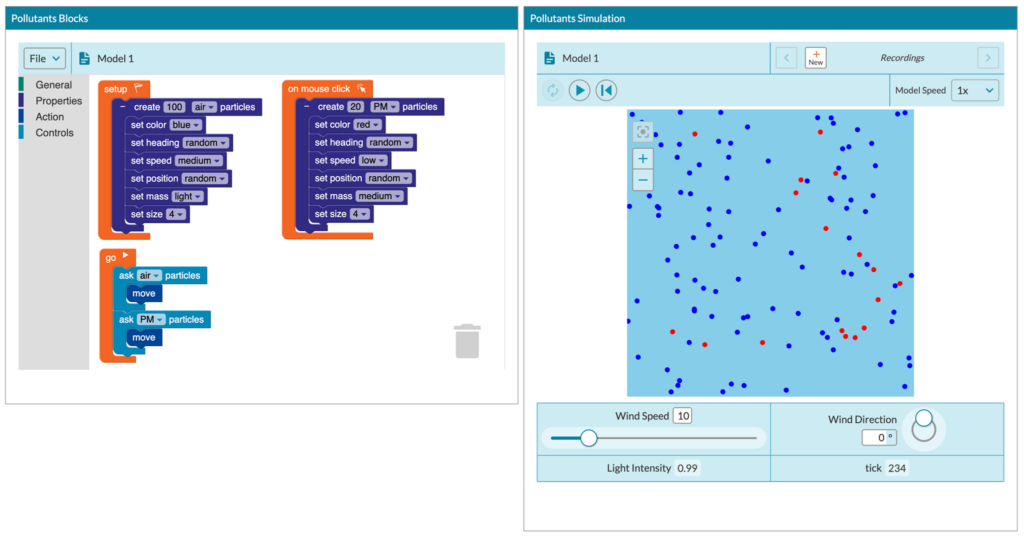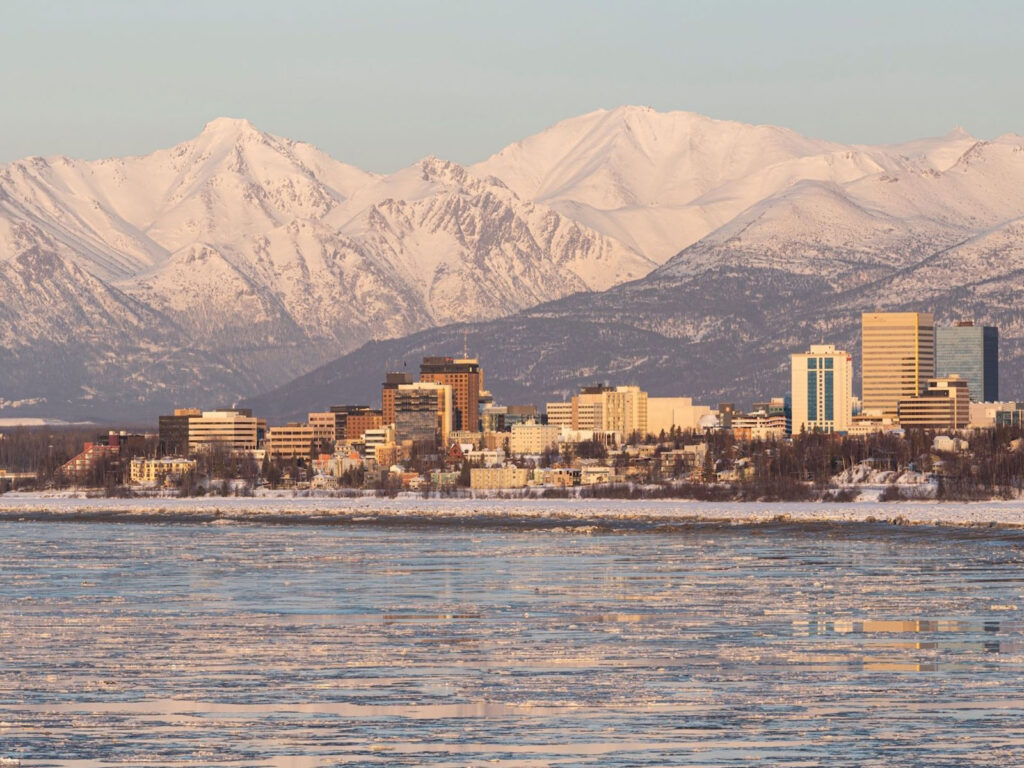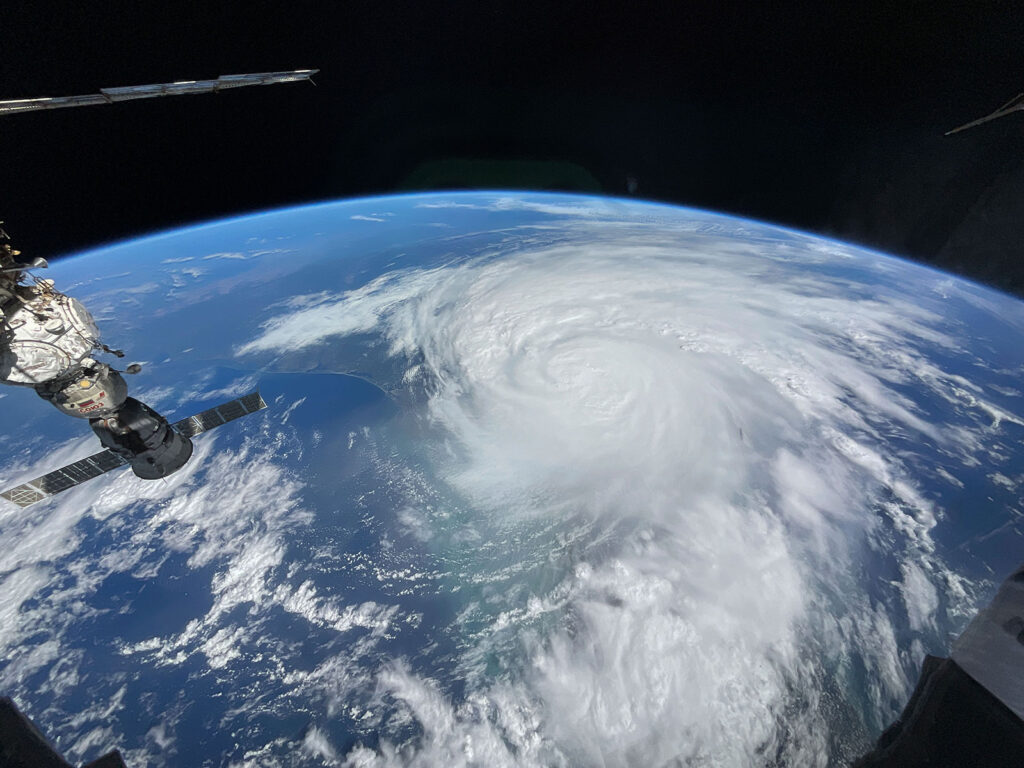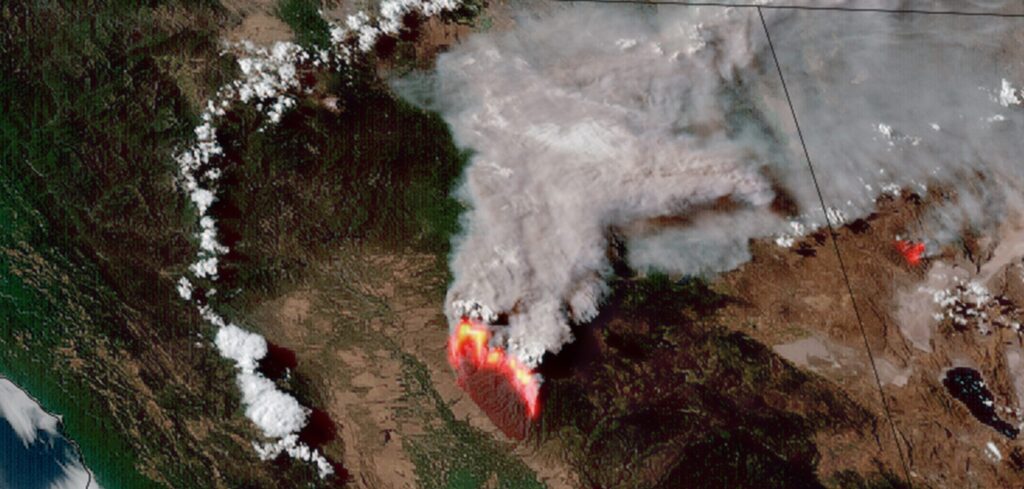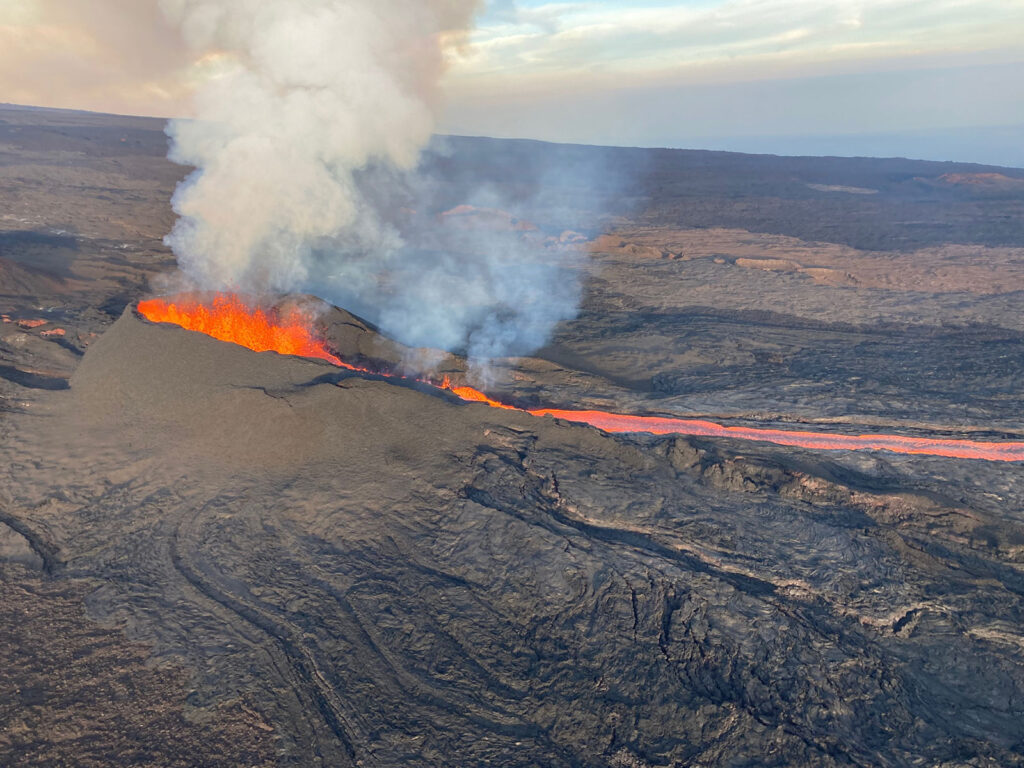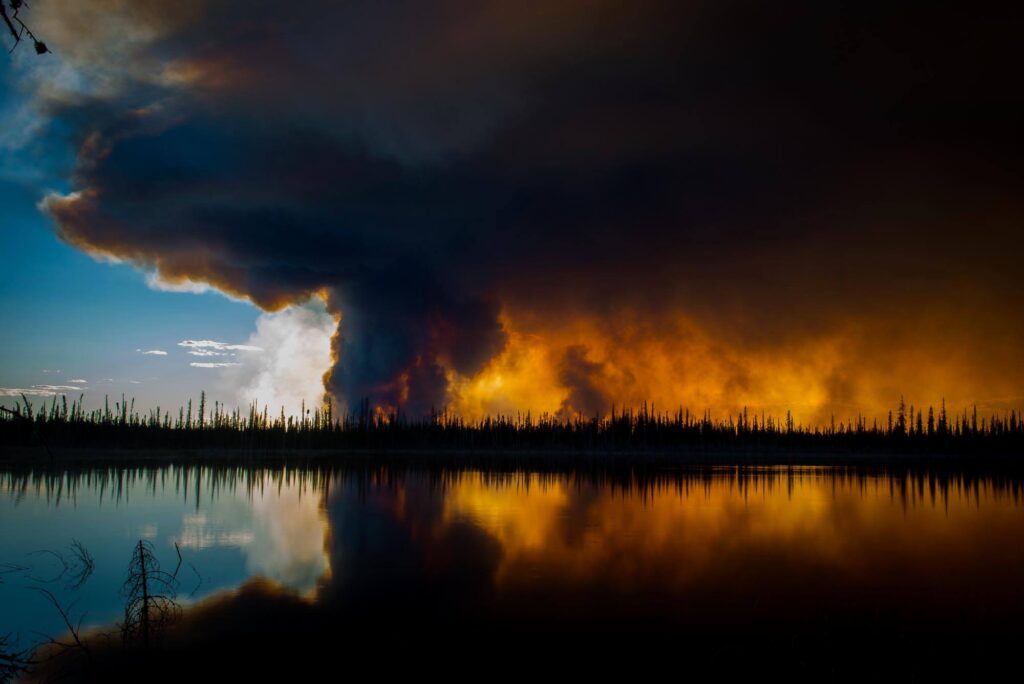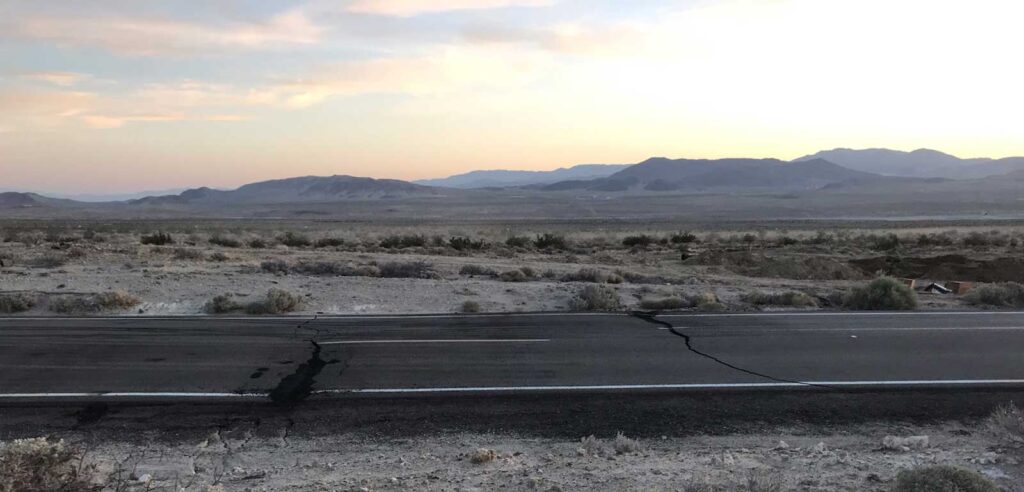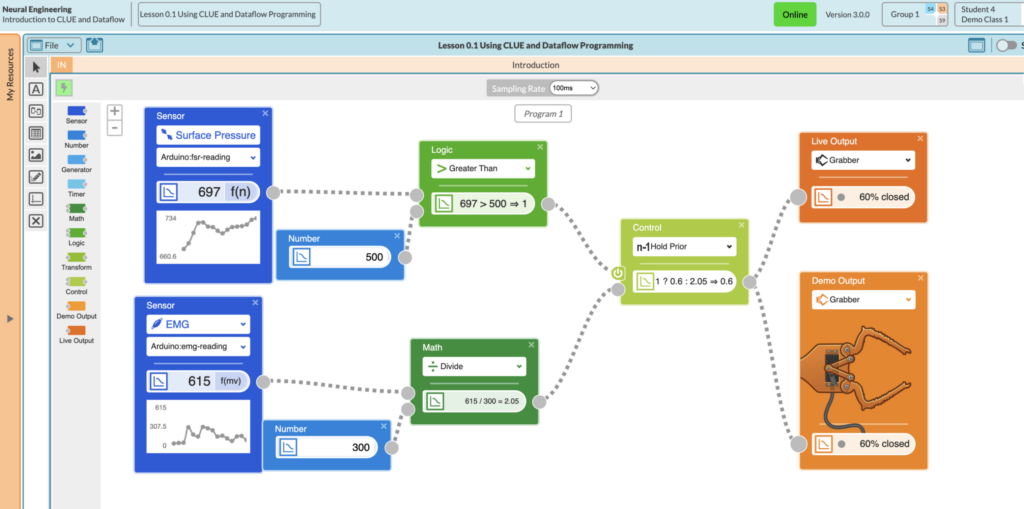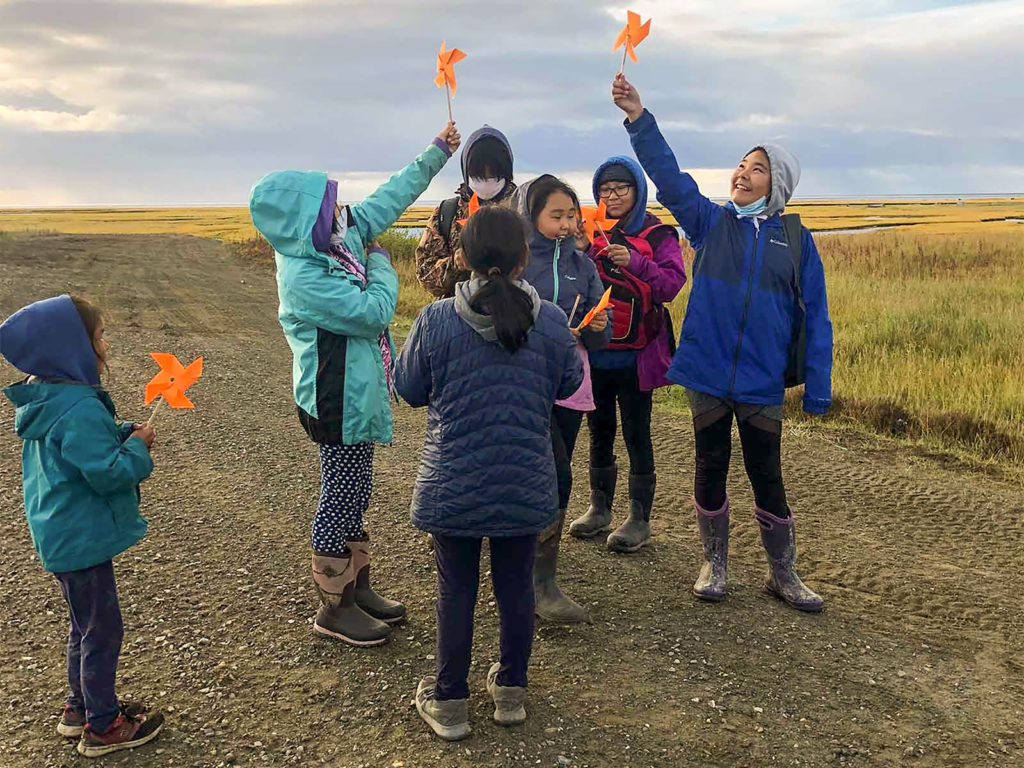Category: Focus Area: STEM Models & Simulations
In partnership with the University of California, Berkeley and Teachers College, Columbia University, we are combining data exploration in CODAP with ABM in MoDa to support students to reason about patterns underlying phenomena.
In partnership with Carnegie Mellon University, we are designing interactive visualizations of neural pathways in language-based AI for secondary students to explore the interpretability of AI and human-machine collaboration.
In partnership with the Anchorage School District, the University of Washington, and Kent State University, SeismicML will engage Alaskan students in authentic investigations of their community’s seismic events using practices and tools of professional geoscientists.
In partnership with the American Meteorological Society and Physics Front, APLUS is designing and testing a simulation-based experience to enhance public literacy in storm forecasting.
In collaboration with the American Meteorological Society and Physics Front, the ISLAND project will develop Hazbot, a personalized automated feedback system powered by AI and designed to scaffold students’ scientific inquiry into natural hazards.
Engaging a research-practice partnership that will bring together oral histories, block coding, and simulations in the development of a locally relevant, culturally enriched curriculum that meets Hawaii’s ambitious computer science education goals.
In collaboration with scientists at the University of Colorado Denver and the University of Montana, we are developing a boreal forest fire simulation that allows students to explore the effects of climate change on wildfires in this important ecosystem.
In partnership with EarthScope, the University of South Florida, and the San Joaquin School District, this project fosters the development of computational geoscience identities and career awareness in urban youth using an earthquake risks and impacts curriculum.
In collaboration with the University of Connecticut, we’re designing activities for high school biology students that engage them in computational thinking as they learn how to use electrical signals from their brains to control virtual and real mechanical devices.
Two new projects focused on grades 3-5 and 6-8 are supporting Yup’ik students in Hooper Bay, AK. We are engaging community partners, teachers, and students in adapting Concord Consortium STEM units by including local phenomena and Universal Design for Learning (UDL) features.
